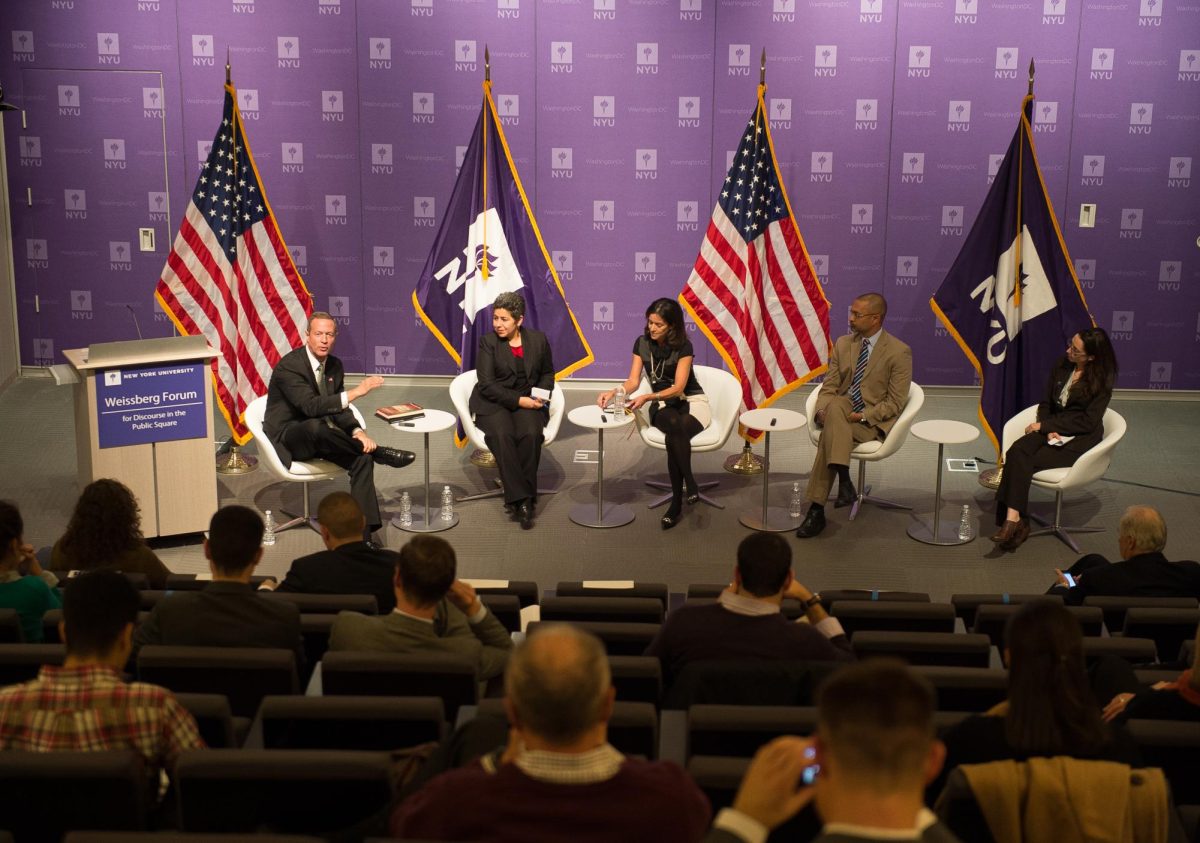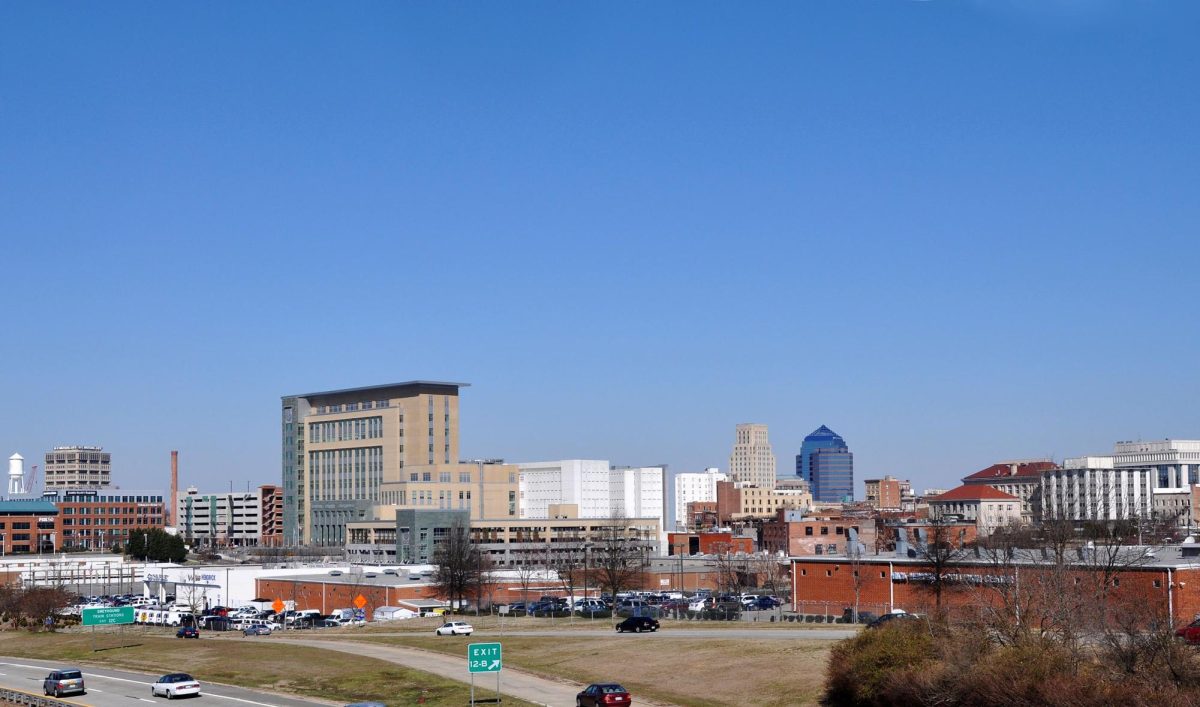Bryan Sperietzer | Contributor

Gov. Pat McCrory has come under a firestorm of criticism for his recent critical remarks regarding liberal arts education at North Carolina’s public universities. His comments have undermined the value of a liberal arts degree and cast a negative light on philosophy and gender studies courses.
In a radio interview last Tuesday, McCrory questioned whether state taxpayers should support gender studies courses. “That’s a subsidized course, and, frankly, if you want to take gender studies, that’s fine. Go to a private school and take it, but I don’t want to subsidize that if that’s not going to get someone a job … It’s the tech jobs that we need right now.”
Such statements have students and teachers in liberal arts communities cringing. Liberal arts proponents find such comments especially frightening because the governor used them to support his proposed higher education “reform.” In essence, McCrory would redirect funds from more broadly focused humanities courses into courses offering vocational training.
Clearly, many jobs within our modern society require a practical focus for our more technically driven industries to thrive. The governor is right to assert that our public education system should foster a thriving market of technically savvy graduates who can compete for jobs in these evolving industries.
The governor fairly cites our state’s unsatisfactory employment numbers in advocating for stronger vocational education.
That said, however, McCrory makes a great mistake to try shifting higher education’s focus to more tech-oriented classes at the expense of humanities courses.
Considering this point in our history, we have an even greater need those well versed in a variety of liberal arts to influence and offer solution to seemingly intractable problems – in local communities as well as our nation and world.
Today, America and our global society are beset with of firmly rooted problems: war, genocide, social inequality, racial discrimination, gender bias, business fraud, moral decay and wide economic disparity. The ability of the liberal arts to observe these problems and propose solution argues strongly for our generation to pursue a degree or career in the liberal arts.
People in these fields of study are justified in feeling alienated and insulted by the Gov. McCrory’s remarks.
McCrory’s position unnerves UNC sophomore Isabella Higgins, a double major studying Sociology and Women’s and Gender studies who also takes part in service-based extracurricular activities aimed at combating social injustice. Outside of class, she participates in Students United for Reproductive Justice (SURJ), Feminist Students United (FSU), Students for Students International (S4Si), and she volunteers with Orange County’s Rape Crisis Center.
“What McCrory said was very upsetting because Women’s and Gender studies has been incredibly valuable to me. Women’s and Gender studies has helped me to develop a perspective that looks at all aspects in which an individual could be oppressed including race, class, gender, sexuality, ability, etc.”
In essence, when McCrory says public institutions should not teach gender studies, he is saying that illuminating gender inequalities within our school systems is not a worthy goal of the state. A governor that is so far detached from minority interests seems nearly incomprehensible. What else does he not value if he has also shown disinterest in subjects such as Swahili and philosophy? Would he also single out Africana Studies in his rapacious attempt to cut culture from education?
Pat McCrory’s recent comments regarding plans for higher education “reform,” place the future state of liberal arts in North Carolina on a knife’s edge.






